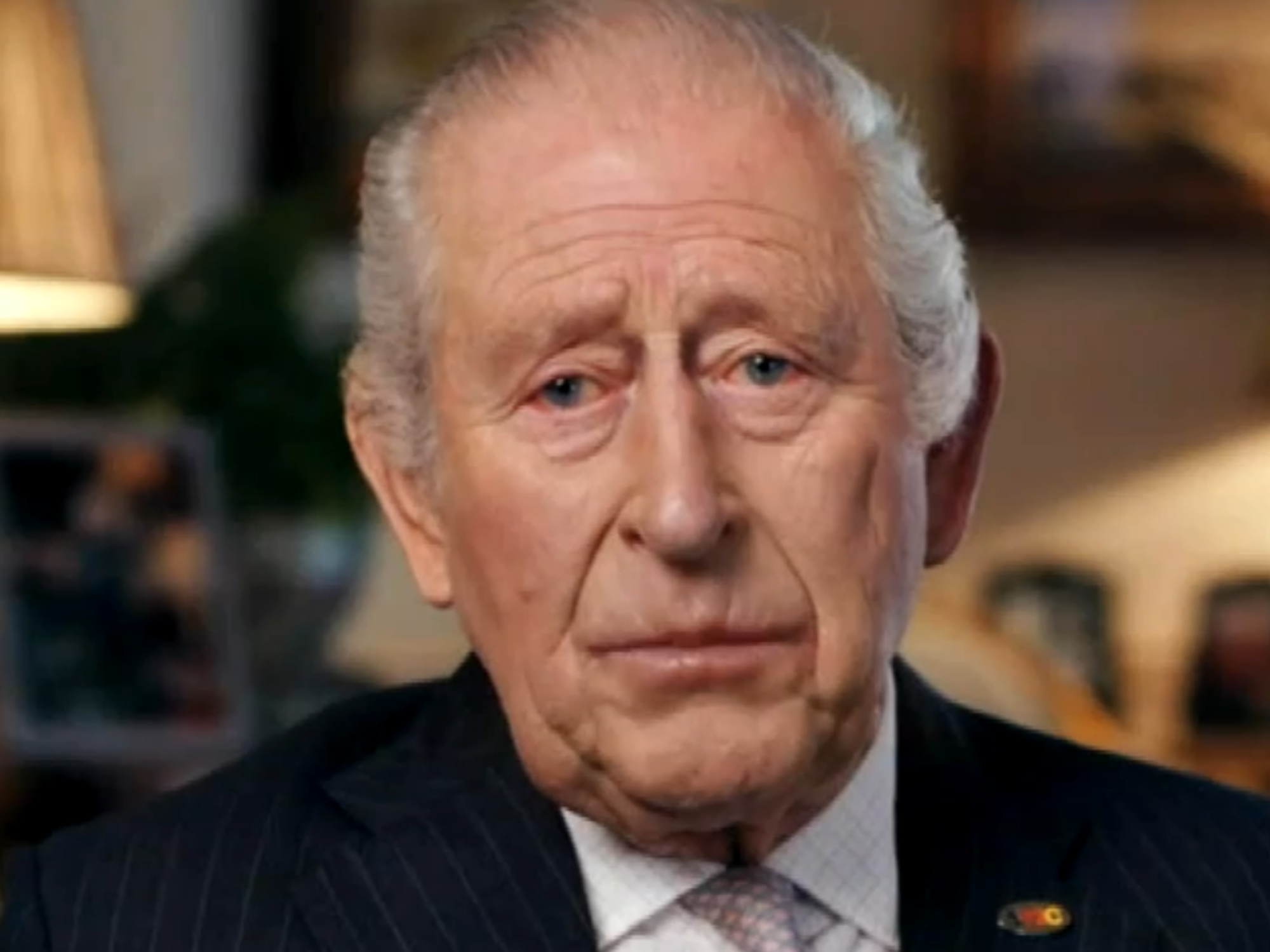State pension triple lock can't survive. It's time to address the myth behind the formula, says Nigel Nelson

Nigel Nelson | GB News

'By 2025 the predicted total spend will be £135billion, more than the cost of education, defence and the police combined'
Don't Miss
Most Read
When we are young dinner table talk tends to revolve around sex, drink, holidays and parties. By our mid-thirties the discussion has moved on to mortgages, saucepans, air-fryers and children.
And in late middle age the subject most likely to dominate any conversation is pensions. Longer lifespans mean many of us will spend a third of our lives in retirement and maybe regretting not giving the issue more serious consideration sooner.
That is all the more urgent now that the triple lock is under threat no matter which party forms the next Government.
This device means pensioners can rely on annual increases based on earnings, inflation or 2.5 per cent whichever is higher. The sum for next April is calculated on figures coming out in the next couple of months.
And the short term news is looking good. A tight labour market has seen earnings rise to just above prices which means older folk on new state pensions are in line for an extra £72 a month next year taking annual income to £11,469.
Those who retired before 2016 and are still on the old system would get another £666 a year, or £55.50 a month.
Even though our pension payouts are some of the lowest in the developed world the extra cash will be welcome after the buffeting pensioners have taken from cost of living rises.
But before you blow the dosh on a bottle of Moet to celebrate, be aware of the heebie-jeebies this is causing at the DWP and the meltdown going on in the Treasury.
With 12.6 million pensioners, and growing at the rate of 140,000 a year, the rise will cost £10billion, £2billion more than Chancellor Jeremy Hunt was banking on.
And by 2025 the predicted total spend will be £135billion, more than the cost of education, defence and the police combined. This is going to be unsustainable in the long run.
Pensioners will argue that there should be no tinkering with the present formula. After all, they have paid for their pensions through national insurance contributions and should now reap the reward.
This is a bit of a myth. While they were working they were paying, not for their own future pensions, but to support those who had already retired just as it is today’s workers who now fund them.
And with the ratio of working age adults per pensioner falling from 3.5 now to 2.5 by 2030 the financial burden on the workforce can only grow.
There is no sign at the moment that younger people resent this, but they might one day. Thanks to last September’s inflation figures pensioners got a 10.1 per cent rise in April while public sector wage demands have been kept at around 5 - 6 per cent.
Might someone struggling to support a soaring mortgage and a young family begin to spot a certain unfairness in this? And, by the way, before the outrage comes flooding in, I’m speaking here as an older person myself.
Whenever I need advice on this I turn to the person who probably knows more about pensions than anyone else in Britain - the former Pensions minister Baroness Ros Altmann.
She says: ”The UK state pension is not ‘unaffordably’ generous. There is nothing inherently wrong in spending more on pensions than other government departments.
“Most younger people could not live on the state pension, but millions of pensioners do.”
But she does think reforms are needed to ensure the ongoing welfare of elderly people while mitigating the cost to the public purse.
That means continuing to base pensions on inflation or earnings but dropping the 2.5 per cent guarantee which has been used for four of the last ten years.
Ros would also like to see the NI contributions required for a full state pension raised from 35 to 45 years because many of us are now working for longer, and for extra benefits to be rolled into the pension itself to make them taxable. I know of one well-off pensioner, for instance, who calls his £300 Winter Fuel Allowance his “claret fund”.
What angers me most is the abject cowardice of generations of politicians and business leaders. The problems an increasingly ageing population would present were known about 50 years ago.
Yet politicians were so frightened of a voter backlash they baulked at easing the pensionable age up gradually by a few weeks a year. When the crisis could no longer be avoided the government panicked and hiked the pension age for both men and women to 66.
Ros says that doubled the number of over 65s living in poverty - especially millions of women who thought they would get a pension at 60 and were given no time to make alternative arrangements or build up savings.
Bosses could have closed final salary pension schemes to newcomers earlier instead of holding back and then chucking out those already in one. That was a moral breach of the employment contract.
The commitment to the triple lock ends in 2024. The fact it is likely to be election year should not be good enough reason for the Government to dodge tackling it.
Rishi Sunak is always banging on about having to make tough decisions. This is a really tough one given that most over 65s vote Tory.
But a PM who genuinely has the best interests of the nation and its older citizens at heart would not shy away from it.










